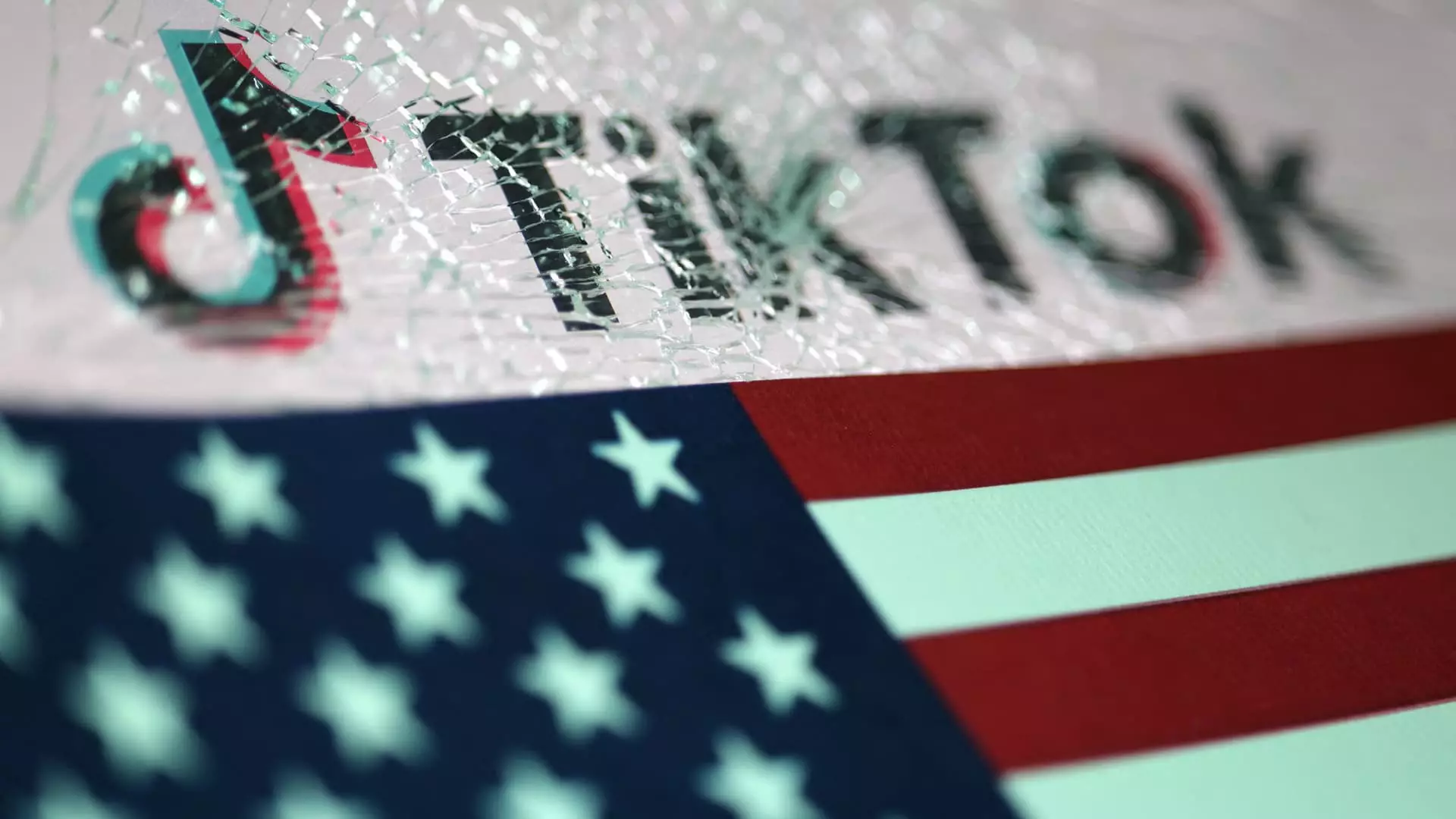In a dramatic turn of events, TikTok found itself navigating a tumultuous landscape as President-elect Donald Trump hinted at a potential reprieve for the popular social media app in the United States. Following his inauguration, Trump expressed intentions to sign an executive order aimed at delaying the enforcement of a federal ban that threatened to restrict access to about 170 million American users. This development has sent ripples through the TikTok community, as small businesses leveraging the platform for growth now find a glimmer of hope amidst uncertainty.
The abrupt shutdown of TikTok for U.S. users triggered an immediate backlash, drawing attention to the importance of free expression and the economic impact of digital platforms. In their own statement, TikTok highlighted the necessity of clarity from service providers like Apple and Google, claiming that the assurances from Trump prevented potential penalties while allowing over 7 million small businesses to rely on its services. This acknowledgment of First Amendment rights and the emphasis on economic vitality highlights the complexities of the situation.
While Trump’s proposed order could pave the way for TikTok’s continued operation, the app’s future remains precarious. A recent ruling by the Supreme Court upheld a law that prohibited TikTok due to its ownership by the Chinese company ByteDance. This law threatened to penalize not only the app itself but also third-party internet service providers who continued to support it. The tension between national security concerns and the platform’s unprecedented popularity reflects a broader discussion about regulation in the digital age.
Moreover, Trump’s subsequent messages on Truth Social called upon companies to keep TikTok operational, underscoring a pivotal moment where political discourse intersects with social media. The very fabric of digital interaction is at stake, as calls to maintain access to TikTok resonate with millions of Americans who engage with the platform as part of their daily routines.
As the government deliberates the app’s fate, TikTok’s importance as a tool for creativity, connection, and commerce cannot be overstated. The app has become an invaluable resource for countless brands, influencers, and small enterprises in reaching audiences in inventive ways. This economic reliance offers a compelling counterpoint to regulatory measures aimed at curbing foreign influence, prompting a reevaluation of what banning the app might mean for American consumers and entrepreneurs alike.
Despite TikTok’s efforts to reassure users following Trump’s statement, uncertainty looms. The company’s position hinges on complicated geopolitical dynamics, as ByteDance has staunchly maintained a refusal to divest its ownership. Trump’s proposition for U.S. ownership emphasizes the administration’s preference for control over collaboration, but without willingness from ByteDance to sell, the proposed “joint venture” becomes more a matter of hypothetical negotiation rather than imminent action.
As we reflect on the future of TikTok in the U.S., the intersection of politics, technology, and user experience presents a multifaceted challenge. The dance between regulation and access offers an intriguing glimpse into how social media can pivotively influence policy and democracy. For now, the fate of TikTok remains tethered to the decisions made in the corridors of power, leaving millions of American users—and the bigger ecosystem that thrives on content creation—waiting and hoping for clarity in a time of uncertainty.

